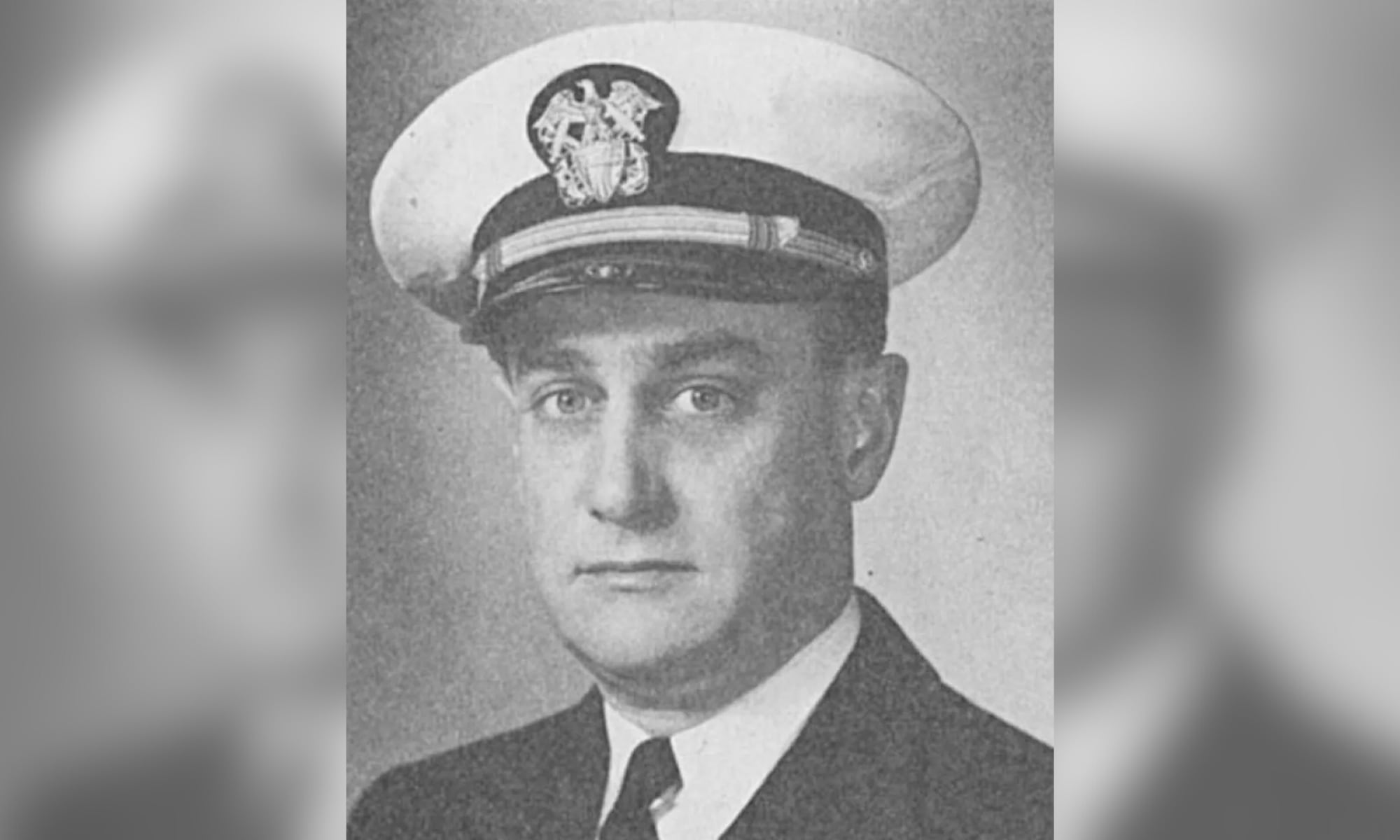Editor's note: The following is an opinion piece. The writer is not employed by Military Times and the views expressed here do not necessarily represent those of Military Times or its editorial staff.
On Saturday, millions of Americans watched as Army defied the odds and ended Navy's 14-game run by defeating the Midshipmen 21-17 in Baltimore at the 117th annual Army-Navy game.
Excitement has filled the air for weeks in anticipation of this game, one of the most famous rivalries in college athletics. Our team worked hard all season long and was committed to nothing less than victory. The excitement on the field and in the stands as the game ended was indescribable. You can still feel that excitement in the air even now.
We are all extremely proud of both the Army team and the entire Corps of Cadets. They showed tremendous character and grit — exactly what we want our leaders to do leading in the crucible of ground combat.
This rivalry has a rich history, dating back to when the teams met at West Point on Nov. 29, 1890, with the much more experienced Navy team defeating the fledgling Army team. However, the following year, Army would avenge the defeat with a 32-16 win, and the rivalry was born.
Throughout our nation's history, this storied rivalry has served as welcome oasis during some of our most difficult times. In 1944, Gen. Douglas MacArthur cabled West Point head coach Earl "Red" Blaik from his Pacific base following Army's 23-7 win against a Navy team ranked second in the nation. MacArthur's cable read: "We have stopped the war to celebrate your magnificent success."
This was the first of three undefeated Army football seasons and three national championships in a row.
The rivalry also helped to bring the country some much-needed relief in 1963 following the assassination of President Kennedy. The game, after being postponed by one week, was the first major college sporting event played after that fateful date in November that shocked the nation. In front of 102,000 people in Philadelphia's Municipal Stadium, Cadets and Midshipmen played to honor President Kennedy and to help the nation heal.
Today, "America's Game" is an opportunity for us to connect with the American people and help to bridge the civil-military gap that exists in our nation. These future leaders of character have inspired millions of Americans throughout the years with their dedication to excellence and commitment to selfless service.
Our rivalry with Navy, and athletics in general, are an important part of developing leaders at West Point. Their experiences on what Gen. MacArthur referred to as the "fields of friendly strife" have helped our cadet-athletes go on to perform admirably in austere environments around the globe.
Those experiences instill tenacity, resilience, discipline, mental and physical toughness, and the desire to excel and push themselves to goals and objectives we previously did not think were possible.
Although we are extremely pleased with the final score, the real winners are the American people. The young men who suited up for the game, as well every one of their fellow cadets and midshipmen, are going pro. They will all graduate into the same team, as members of the profession of arms, prepared to lead America's sons and daughters around the globe.
The American people can be proud of the players on both sides of the field who represent all academies, and services, and the tens of thousands of fighting men and women who today face danger and hardship around the world.
Lt. Gen. Robert Caslen Jr. is the 59th superintendent of the U.S. Military Academy. He played football at West Point as a member of the Class of 1975.





